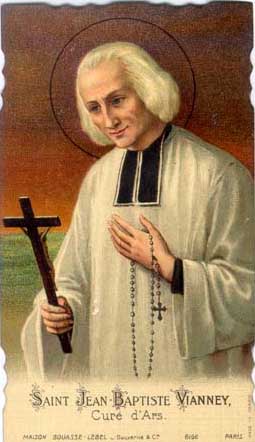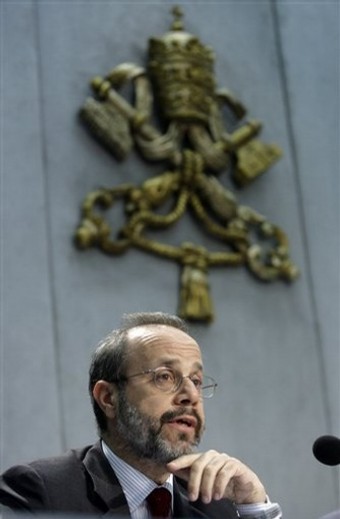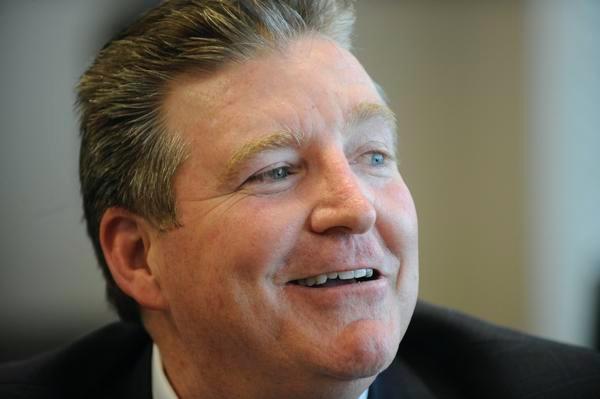 Benedict XVI, in his letter today proclaiming a “Year for Priests,” puts forth Saint Jean-Baptiste-Marie Vianney–the Cure’ d’Ars–as the model, since this year is also the 150th anniversary of the death of that remarkable French pastor.
Benedict XVI, in his letter today proclaiming a “Year for Priests,” puts forth Saint Jean-Baptiste-Marie Vianney–the Cure’ d’Ars–as the model, since this year is also the 150th anniversary of the death of that remarkable French pastor.
On the other hand, centering the Year for Priests on Vianney gives the celebration–and the pope’s letter–a decidedly nineteenth-century caste, which may not quite resonate in the twenty-first century. As Benedict writes of the Cure’ d’Ars:
Explaining to his parishioners the importance of the sacraments, he would say:
“Without the Sacrament of Holy Orders, we would not have the Lord. Who put him there in that tabernacle? The priest. Who welcomed your soul at the beginning of your life? The priest. Who feeds your soul and gives it strength for its journey? The priest. Who will prepare it to appear before God, bathing it one last time in the blood of Jesus Christ? The priest, always the priest. And if this soul should happen to die [as a result of sin], who will raise it up, who will restore its calm and peace? Again, the priest… After God, the priest is everything! … Only in heaven will he fully realize what he is”.
Benedict acknowledges that these words “might sound excessive.” And to me they do. But he explains, saying:
“…they reveal the high esteem in which [Vianney] held the sacrament of the priesthood. He seemed overwhelmed by a boundless sense of responsibility: “Were we to fully realize what a priest is on earth, we would die: not of fright, but of love…Without the priest, the passion and death of our Lord would be of no avail. It is the priest who continues the work of redemption on earth…What use would be a house filled with gold, were there no one to open its door? The priest holds the key to the treasures of heaven: it is he who opens the door: he is the steward of the good Lord; the administrator of his goods…Leave a parish for twenty years without a priest, and they will end by worshiping the beasts there…”
So is that an argument for ordaining married men to boost vocations? Probably not. But again, I’m not so sure how this letter will resonate with lay Catholics, or priests. I’m all for a Year for Priests–for supporting them, and encouraging more vocations. Will this help?
On another note, much media attention has focused on Benedict’s welcome recognition of the failures of some priests in scandalous ways:
“…situations which can never be sufficiently deplored where the Church herself suffers as a consequence of infidelity on the part of some of her ministers. Then it is the world which finds grounds for scandal and rejection. What is most helpful to the Church in such cases is not only a frank and complete acknowledgment of the weaknesses of her ministers, but also a joyful and renewed realization of the greatness of God’s gift, embodied in the splendid example of generous pastors, religious afire with love for God and for souls, and insightful, patient spiritual guides.”
What is not made explicit is whether he is including bishops among these priests; most people would read it as just priests, “ministers,” I think. Maybe that’s what he meant. If so, it once again puts all the onus on the “lower” clergy to be saints, it seems.
From CNS’ Vatican buro, Cindy Wooden has coverage here.

